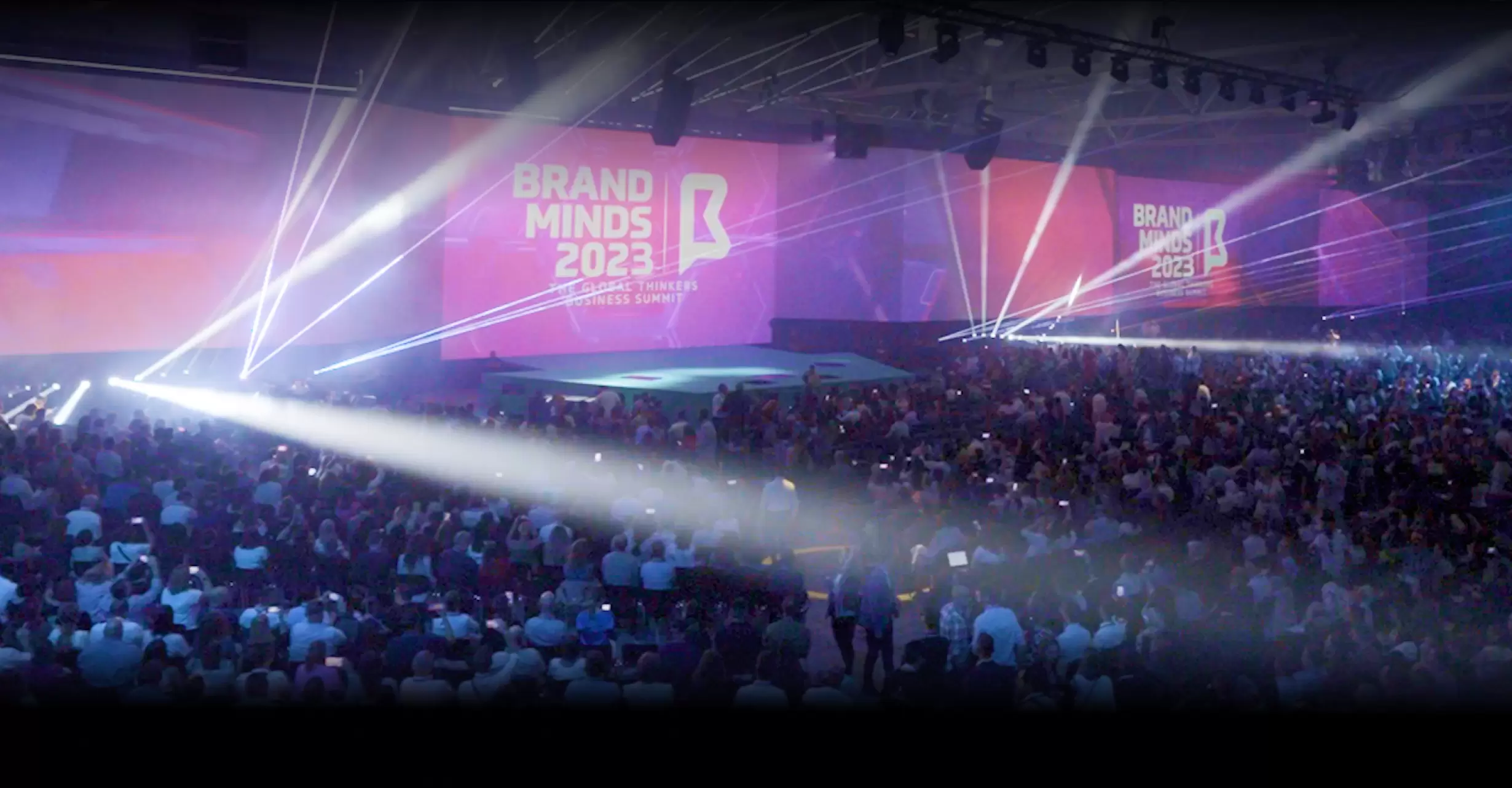The shift by internet users towards entertainment content provides opportunities for brands to achieve their growth objectives. Joseph Ekeng writes.
Since the inception of the internet and its fast adoption by users, brands have sought various strategies to engage with their audiences on their favourite technology platforms. But the internet is not static; it has evolved with time, with various social media channels providing opportunities for people from around the world to connect in real time.
The evolution of social media networks has provided powerful channels for brands to engage their audiences in a more authentic way.
What started out as a way for people to hang out with their friends online has turned into a place where brands can engage in meaningful conversations and turn those conversations into followers and customers.
And social media engagement has a major impact on small businesses, affecting everything from brand awareness to customer loyalty.
Imagine this, as at January 2023, more than 59% of the global population use social media. The average daily usage is 2 hours and 31 minutes
Interestingly, Nigerian subscribers spend 4 hours and 7 minutes consuming social media contents, which is much higher than the global average.
This clearly establishes the power of the social media as a tool for brands to engage with their audience and build a more authentic connection with consumers in their quest for growth
Entertainment as main drivers of brand growth
Without denying the power of the social media networks, a new report points to a shift in trends that shows how entertainment channels are fast overshadowing social media in the race for media consumption dominance, presenting opportunity for a more authentic relationship with consumers.
According to data.ai, 200 billion hours are spent by consumers on entertainment and short videos globally. This compares to 40 billion hours spent on other apps such as social media networks.
Some of the major entertainment channels include video games, music, movie/series, sport/fitness, book/comics. Brands can take advantage of these channels to connect with new audiences.
Other ways of entertainment marketing include brand integration in TV shows, high-profile celebrity endorsements and co-promotional campaigns. And these strategies are becoming a fast growing phenomenon in the marketing arena.
“Entertainment platforms are among the main drivers and beneficiaries of a shift towards ‘bubble up’ (versus top down), where culture is being shaped and disseminated by communities and creators,” the report said.
What does this mean for brands?
The outcome of the study is supported by Warc’s Marketer’s Toolkit survey, where 69% of APAC marketers are shifting investments to target interest-based communities, with 67% reevaluating their media mix towards TikTok.
Benefits of entertainment marketing
There are several key advantages for using entertainment channels for marketing, including its ability to reach specific audiences and to come off more naturally than direct commercial advertising.
More specifically, product placement works because the viewer’s attention is usually concentrated on the medium in question (e.g., a streaming TV show) and not some other activity, as might be the case when a commercial begins. This makes it ideal on platforms such as Netflix, and in media such as feature-length films or console games, that are technically ad-free.
According to experts, entertainment marketing has a relatively high return on investment, especially for the millennials and Gen Z audiences. This key demographic is more likely to consume online video, play video games and spend considerable time on social media consuming entertainment videos. How Nigerian Brands Favour Entertainment
Brands like Pepsi appear to understand this media dynamism so well and have latched on the entertainment bandwagon to empathize and bond with consumers and this is a marketing culture that dates back many years.
For several decades, Pepsi has strategically rode the pop culture in Nigeria and elsewhere to drive brand awareness and growth and that relationship has been sustained till date. The brand does not only sponsor some of the biggest music concerts in the country, it also leverages the huge influence and fame of culture icons like Wizkid, Davido, Rema, Tiwa Savage, Ayrra Star and others to drive brand loyalty and sales.
According to Professor Chris Ogbechie, Professor of Strategic Management, Lagos Business School, “in today’s marketing world, the key issue is to create emotional brand attachment in all our marketing communications, therefore, brands need to actively cultivate relationships with customers”.
Like Pepsi, Bet9ja is one of the brands that understand the rules of emotional brand attachment and have amply ridden on the crest of entertainment and pop culture since its inception into the Nigerian market. It has moved from the mainstream betting category to become the leader of the innovatively unique gaming space, and this shows fluidity to remain relevant and contemporary to win always.
According to Femi Osobajo, Senior Marketing Manager, Bet9ja, the company’s marketing activities and activations are rooted in in-depth consumer research.
Realising how entertainment provides the perfect opportunity to connect with consumers and reach new market segments, a few years ago, Access Bank took the unusual step to partner with Star Lager beer brand for the sponsorship of ‘Access the stars, a music reality show.
It was the first major venture into the entertainment space by the leading pan-African financial services brand.
In the same vein, the bank also supported Born in Africa Festival (BAFEST), the highly entertaining fusion of music, art, film, and fashion by Access Bank staged its second edition.
Commenting on the inherent benefits of driving the brand with pop culture, Amaechi Okobi, Group Head, Communications & External Affairs, Access Bank Plc declared: “At Access Bank, we are aiming at rewriting the African narrative of negativity, while positioning the best the continent has to offer.”
However, to ride on entertainment as a pivot to connecting with consumers, a brand and its custodians must know the audience very well. But according to WARC, it is not enough to merely throw entertainment into the marketing mix and hope that it will work. Rather, brands must be strategic in their use of entertainment by “utilising entertaining content to connect with audiences and bring them down the funnel.”
The report also recommends that brands should be immersed in the culture and communities found on entertainment platforms to generate new demand and find new customers in an authentic way.
The best way to actualise these recommendations is through the strategic use of data to understand micro-trends and gain important consumer insights. With a proper understanding of consumer behaviour and media consumption patterns, brands can know the kind of entertainment content that will deliver the best result and how to deploy them.







Comment
No comments found.